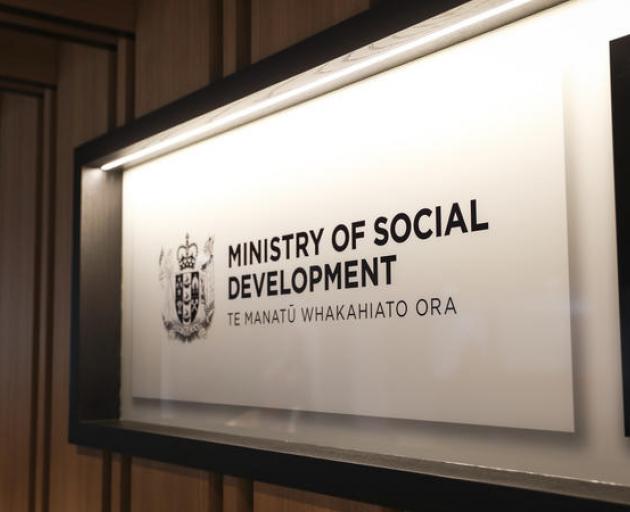
New research by the Christchurch-based Beneficiary Advisory Service has found some people do not understand why their payments have been cut, or what they need to do to avoid it.
Beneficiaries can have their payments reduced or stopped altogether if they do not meet their obligations, such as attending appointments, looking for work or taking a drug test.
The researchers surveyed about 250 beneficiaries about their experiences and conducted more detailed interviews with about 30 respondents.
They found that when people were sanctioned, many went without necessities, such as food, electricity and medications.
On top of that, they also reported experiencing ongoing anxiety about their financial situation.
Beneficiary Advisory Service advocate Tavia Moore said some have to seek help from wider family or foodbanks, or even take out loans.
"We had clients talk about how they had to go and ask friends and family members for food for their children, which I think quite often causes embarrassment. They don't want to be seen to not be providing for their family," she said.
The research found that many participants were sanctioned because of administrative errors, or because they lacked a clear understanding of the obligations associated with their benefit.
"We saw lots of miscommunications or lack of communication, and lots of misunderstandings, both with the ministry and with clients," Moore said.
"A lot of them did not necessarily understand their obligations or know about them or did not understand sanctions and what was required surrounding those sanctions."
Beneficiaries who are sanctioned can ask for a review - but the research found many people do not know they can do this, or simply choose not to.
But of the 40 percent of respondents who did review their sanctions, the majority had them overturned.
"While this may suggest that the review process is working successfully to ensure those who have been incorrectly sanctioned are able to have their welfare reinstated, it also suggests, as the Welfare Expert Advisory Group report noted, that the initial process of identifying obligation failures and applying sanctions in New Zealand is working poorly," the report said.
Community Law Centres o Aotearoa chief executive Sue Moroney said that was what they were seeing on the ground, too.
"We see people who are in really desperate situations by the time they come to a Community Law Centre, and frequently when we take their situation to review, it is overturned."
That called into question what is happening when the original decision is made, Moroney said.
"These are decisions that have huge impacts on people's lives who are already pretty vulnerable, and we think that much, much greater care and consistency needs to be taken when these decisions are made in the first instance."
Some beneficiaries had trouble trying to find an advocate to support them through the review process, while others feared there would be consequences if they challenged a decision, Moroney said.
Hayley's story
Hayley* is on the benefit and when her son was seriously ill and ended up in hospital last year, she knew she was going to miss one of her appointments with Work and Income.
Because there was a chance her benefit could be reduced or stopped if she didn't turn up, she sent an email to let them know what was going on.
But that did not seem to make much difference.
"They cut our benefit off because I never turned up to a workshop meeting at the local office, even though I had told them that we were in the hospital and I had made contact."
It only added to the stress Hayley and her family were under.
"That crippled us because in that point in time we were under pressure anyway financially, as you are when you've got a sick child in hospital.
"I never noticed until I had five minutes where my brain was at a spot where I could jump in and pay my bills. It was just horrible."
Hayley still had to buy food and petrol, keep up with her bills and pay for parking at the hospital.
She complained to Work and Income, and her benefit was reinstated the following week, but Hayley and her family continued to struggle.
"It meant that by the time we got out of hospital three weeks later, it meant that we were consistently running behind for about three months," Hayley said.
MSD response
In a statement, MSD acting group general manager client service delivery Karen Hocking said case managers strive to do the best they can for clients right from the start.
"We support our staff with continuous training to make sure they are in the best position to ensure the right decisions for clients are made from the beginning," she said.
"We keep in touch with our clients and regularly clarify their obligations with them. The MSD website also carries further information on client obligations.
"As well, clients read and sign their obligations when they are granted, or transfer between, benefits."
Hocking said when clients receive a letter about a decision made by MSD, there are references to their right to review that decision and the process for doing that.
Case managers can also talk people through the review of decision process face-to-face and there is information on the Work and Income website.
* Not her real name.













